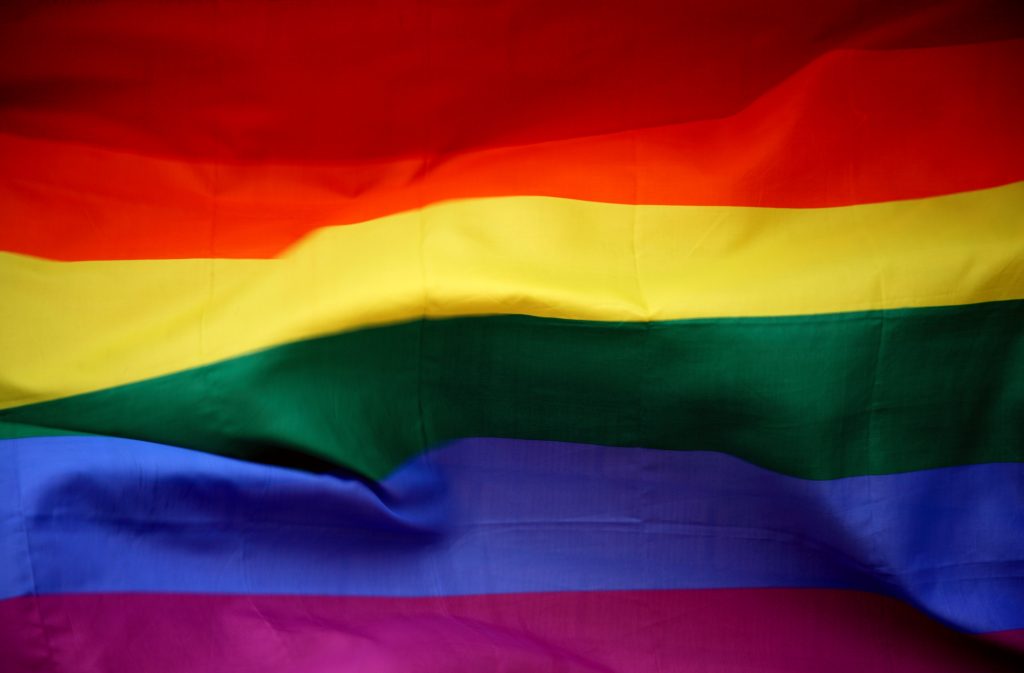Search
The House passed the Equality Act to protect LGBT rights at work. Here’s why it won’t become law.

Photo by Sharon McCutcheon on Unsplash
Allow me to explain.
Eric. remind me. What is the Equality Act?
Among other things, the Equality Act would amend Title VII of the Civil Rights Act of 1964, the federal anti-discrimination law for the workplace, to clarify that discrimination based on sex (currently unlawful) would also include discrimination based on sexual orientation and gender identity. The legislation would also ban discrimination based on these protected classes in areas including public accommodations and facilities, education, federal funding, housing, credit, and the jury system.
History made.
On Friday, the House of Representatives passed the Equality Act by a vote of 236-173. Tim Teeman, reporting here at The Daily Beast, quotes the Human Rights Campaign, which hailed the House vote as “the first time a chamber of Congress has approved a comprehensive LGBTQ civil rights bill that would finally provide clear, nationwide protections for LGBTQ people throughout daily life.”
Will the Senate also pass the Equality Act?
Don’t hold your breath.
Is it because they support discrimination against the LGBT community? I don’t think so.
No, it has to do with the breadth of the legislation and the lack of built-in religious protections. John McCormak reporting here at the National Review quotes a law professor and longtime supporter of same-sex marriage, who notes that the bill “would ‘crush’ conscientious objectors.”
“It goes very far to stamp out religious exemptions [and] regulates religious non-profits. And then it says that [the Religious Freedom Restoration Act] does not apply to any claim under the Equality Act. This would be the first time Congress has limited the reach of RFRA. This is not a good-faith attempt to reconcile competing interests. It is an attempt by one side to grab all the disputed territory and to crush the other side.”
In 2016, a Michigan federal judge concluded that an employer’s religious beliefs could support an argument under the RFRA that a company may discriminate against a transgender employee. However, the Sixth Circuit Court of Appeals reversed that decision. And now that case is on appeal to the U.S. Supreme Court. However, the issue before the Court is limited to whether Title VII forbids discrimination against transgender employees.
Among other things, commentators claim that the current version of the legislation would require doctors to perform abortions or sex-change operations despite their religious objections or be used to regulate free speech on social media.
Whether you are for or against the Equality Act, federal protections for LGBT rights, if any, will likely have to wait until the Supreme Court addresses a trio of cases later this year.
 The Employer Handbook Blog
The Employer Handbook Blog


